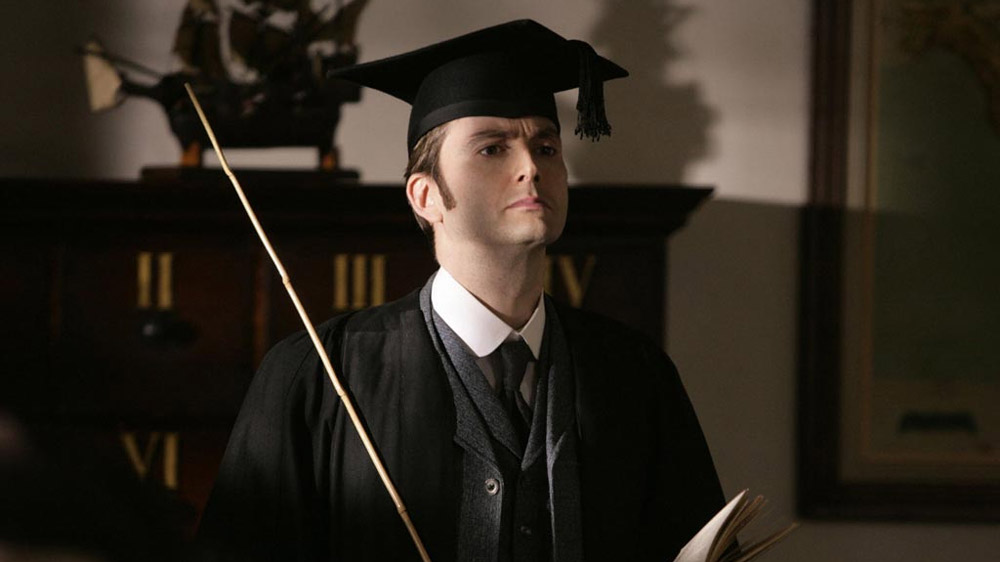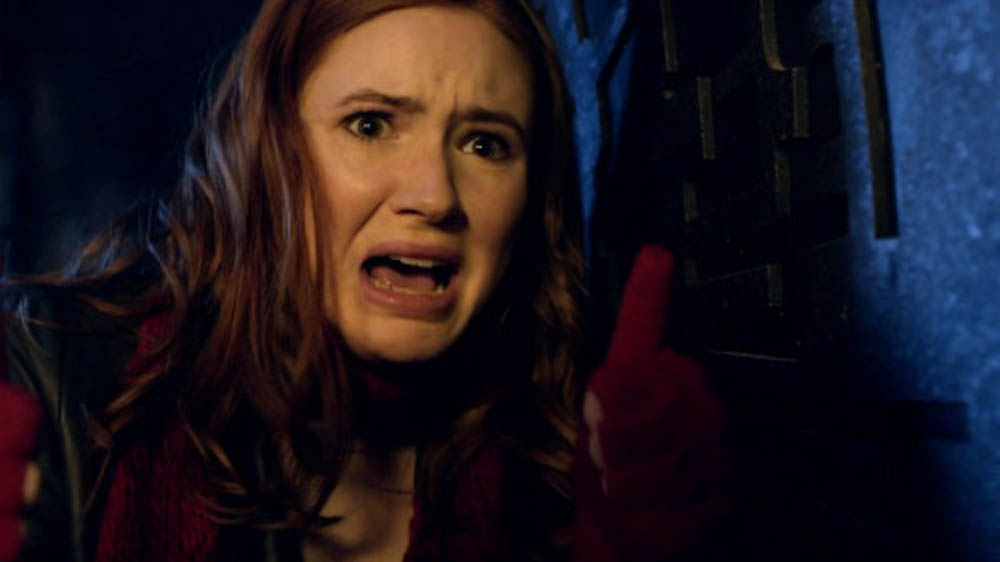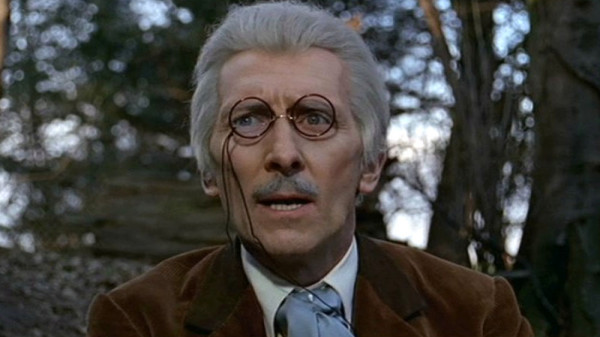Can Peter Cushing’s Dr. Who ever be considered canon?
I’ve collated some of the popular theories and thrown in a couple more. Pick one you like. Or, if you have a better one, let us know, and keep this madness going for another half-century…
It’s not happened yet

At some point in his future, The Doctor does another ‘Human Nature’ and uses the Chameleon Arch to make himself human.
Maybe he’s escaping something, maybe he just wants a holiday (as he does in the novel). He lands a few decades before the 1960s. But something goes wrong and he remains human. He marries and settles down with a family. Over the decades memory fragments and thoughts of this past life drift back into his head. Not enough to remind him who he is, but just enough to ‘invent’ a time travelling machine called ‘TARDIS’.
And, well, the rest is history…or at least it might be one day.
It’s just wibbly-wobbly, timey-wimey

There’s that terrific Season 6 minisode ‘Good Night’, where, along with saving a possessed orchestra on a moonbase, and hiding a euphonium guiltily, The Doctor discusses with Amy why she has two sets of childhood memories; one with her parents, one without.
The little speech he gives to try and explain it all may be the best way to reconcile the movies with the show:
“Everyone’s got memories of a holiday they never went on, or a party they never went to, or met someone for the first time and felt like they’ve known them all their lives. Time is being rewritten all around us, every day. People think their memories are bad, but their memories are fine! The past is really like that…”
If Amy Pond can deal with two separate childhoods, and Rory can cope with 2000 years of Auton memories, surely we can handle two slightly odd films from the Sixties co-existing alongside the show?
> Buy Dr. Who and the Daleks on Blu-ray on Amazon.
What are you theories? Let us know below…

